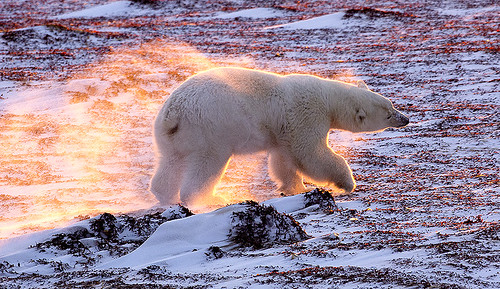Next Generation Science Standards Want Students Taught Evolution, Climate Change
Proposed national standards for science education were unveiled Tuesday, and included recommendations for teaching students about climate change and evolution.
Known as the Next Generation Science Standards , the recommendations come from a coalition of educators and policymakers. So far 26 states have pledged to consider using the new standards, which, according to the coalition's website, contend that science education "should reflect the interconnected nature of science as it is practiced and experienced in the real world." Students will be expected to know how to apply scientific principles, weigh evidence, solve problems and explain their reasoning, and tackle increasingly complex subject matter as they progress from grade to grade. The new science standards are aligned to the separate Common Core State Standards that have been adopted by 45 states.
“This is a huge deal,” David L. Evans, the executive director of the National Science Teachers Association, told the New York Times. “We depend on science in so many aspects of our lives. There’s a strong feeling that we need to help people understand the nature of science itself, as an intellectual pursuit.”
Under the new science standards, students would begin learning about climate change in middle school. As the
Known as the Next Generation Science Standards , the recommendations come from a coalition of educators and policymakers. So far 26 states have pledged to consider using the new standards, which, according to the coalition's website, contend that science education "should reflect the interconnected nature of science as it is practiced and experienced in the real world." Students will be expected to know how to apply scientific principles, weigh evidence, solve problems and explain their reasoning, and tackle increasingly complex subject matter as they progress from grade to grade. The new science standards are aligned to the separate Common Core State Standards that have been adopted by 45 states.
“This is a huge deal,” David L. Evans, the executive director of the National Science Teachers Association, told the New York Times. “We depend on science in so many aspects of our lives. There’s a strong feeling that we need to help people understand the nature of science itself, as an intellectual pursuit.”
Under the new science standards, students would begin learning about climate change in middle school. As the

